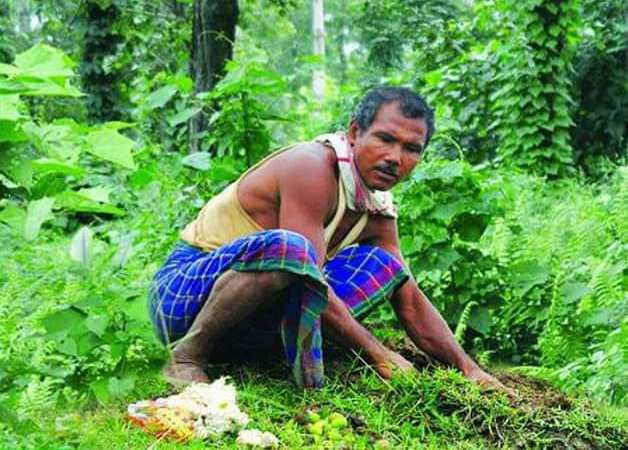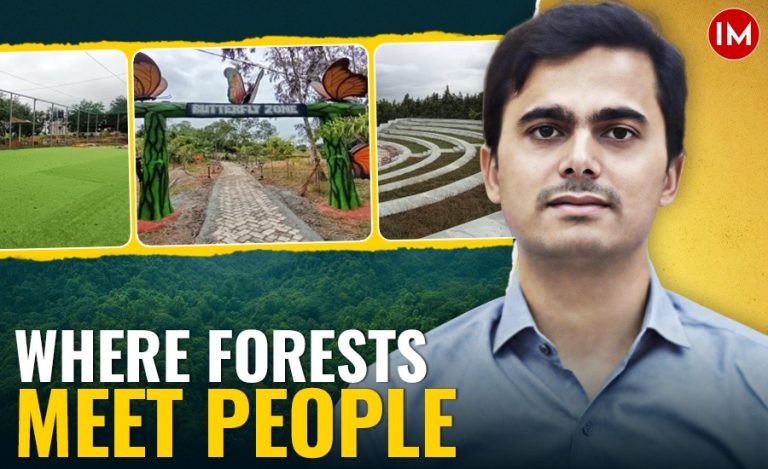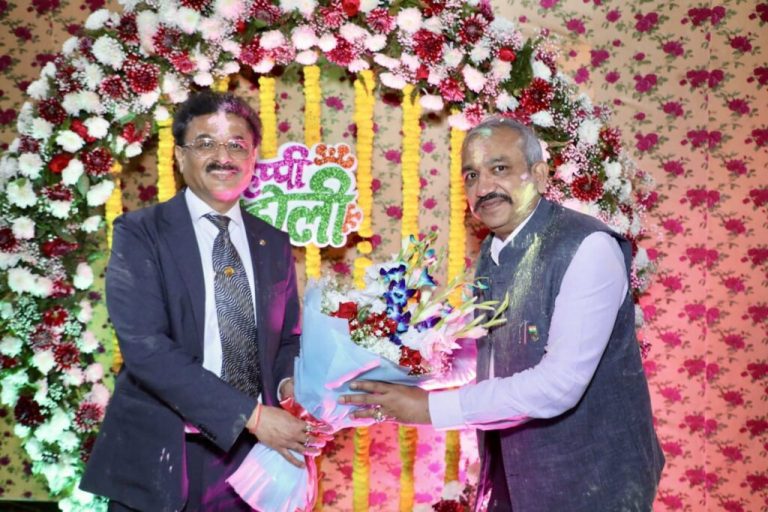Most people go through life without planting a single sapling in the soil. But this man Jadav Molai Payeng grew an entire forest single-handedly, on the banks of Brahamputra river in Assam. Is it any wonder then that Payang, a laborer by profession before he started growing the trees, at a pace unmatched by any other human, is known the world over as the Forest Man of India?!
For this unheard of achievement, the former President of India Mr Pranab Mukherjee honored Payeng with Padma Shri- the nation’s fourth highest civilian award- in 2015.
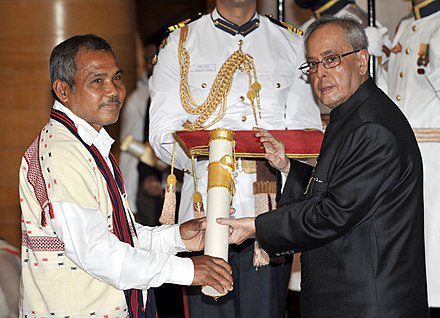
JADAV PAYENG’S FOREST
The forest which Payang grew is at Kokilamukhm in the Jorhat district of Assam. It’s spread out in 550 hectares (which is roughly 1350 acres) and is regularly visited by rhinos, elephants and tigers as well as birds, reptiles and insects of different varieties.
Jadav Payang’s jungle is the living example of the supremacy of human will- which of course is second only to the supremacy of nature. It also makes another important point: one doesn’t always require Government or social approvals, be it for permissions, grants or funds, to break free from many – if not all- widely accepted conventional moulds that often restrict our enterprising spirit, making us stick to same old tried-and-tested ways of doing things.
Four years ago I had the privilege of meeting Jadav Payeng and interacting with him, during the course of making a television documentary on his life and times. The first aspect of his life that struck me with the force of a tight slap was the raw simplicity of the man. A few months before I set foot in his small house near Jorhat town, he had been living in a thatched hut with his small family. But even the new house was not something which a city dweller would care to throw a second glance it.
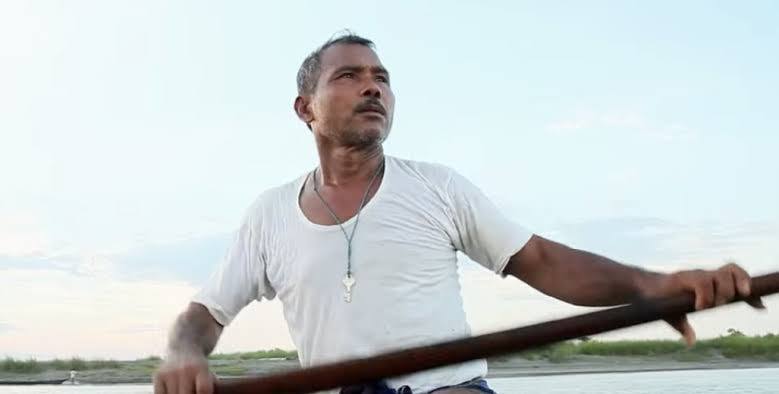
It was evident that the hallowed Padma Shri failed to change Payeng’s rustic and downright honest outlook on life, and he would still travel for a few hours thrice a week to check out on “his forest’’. His connect with the nature remains rock solid to this day. Perhaps he is not aware of it, but very few people have trodden on the lonely path he chose and is still following with an unswerving determination. India’s own Mahatma Gandhi, American transcendentalist Henry David Thoreau or that maverick Greek philosopher Diogenes the Dog, who told Alexander the Great to “stay out of my light’’ (when the emperor stood on the only entrance to the cave where the seer was putting up, and asked if he could do something for him). Jadav Payeng, without perhaps realizing, belongs to this small club.
HOW THE FOREST CAME ABOUT
In 1979, Assam Government hired a group of labourers to work in a social forestry project on a sandy tract of land near Brhamputra river. The project finished in five years, and all the laborers went away from the site. All but Jadav Payeg, who decided to stay put in the region. With nobody watching him or his actions, he went about planting trees beyond the area marked for the original project. And he did not tell anybody about his activities.
Years later, a visiting forest department team accidentally discovered the forest and the story behind it. With no formal education of any kind, Payeng would have been unable to tell his story to the authorities convincingly. Fortunately for him, a Jorhat based journalist Jeetu Kalita got wind of the “man-made forest’’ and his articles in Assamese publications soon brought Payeng to national and international limelight.
Why Jadav Payeng started this seemingly crazy aforestation drive, when it was not even officially required or sanctioned, can be comprehended by certain amount of empathy- and not by rationality alone.
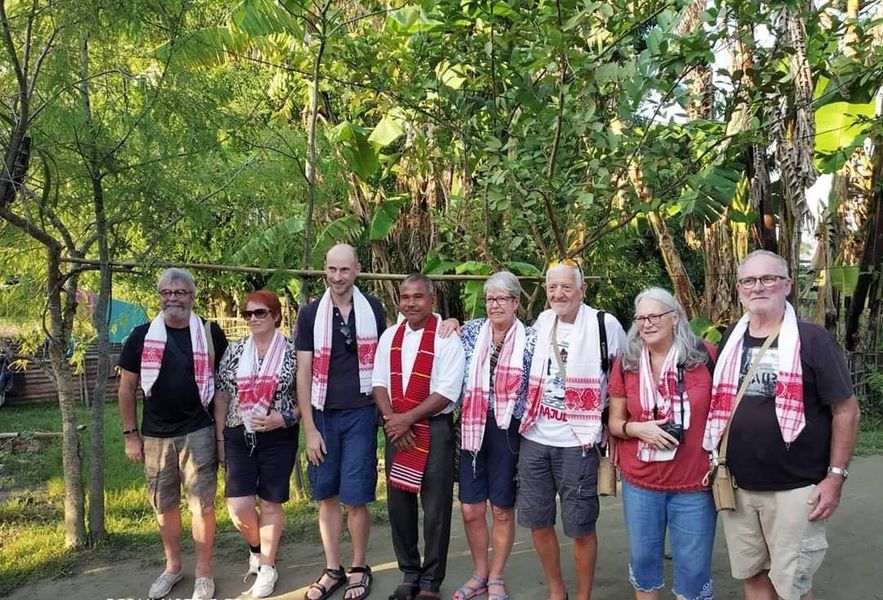
THE HOLISTIC PHILOSOPY
This is how this small-built but wiry man responded to my query which many before me had asked him numerous times: “I was a small boy when a big heat wave hit Assam. Such was it ferocity that it caused large scale loss of life. I saw a large number of snakes and other reptiles lying dead on the sandy banks of Brahamputra. They did not survive the scorching heat because there were no trees around, no vegetation where they could take shelter and save themselves. These large-scale deaths had a devastating impact on me.’’
Another clue to Payeng’s mindset can be found in his cultural and social roots. He hails from the indigenous Mising tribe of Assam, which is characterized by its deep reverence to all living beings on Earth. It should not be surprising that Payeng shares traits of his tribal brethren.
HONOURS, AWARDS, RECOGNITIONS
Payeng has received honorary doctorate degree from the Assam Agricultura University as well as Kaziranga University for his unique contribution. In 2012, he was honoured at a public function arranged by the School of Environmental Studies, Jawaharlal Nehru University, and in 2013 at the Indian Institute of Forest Management.
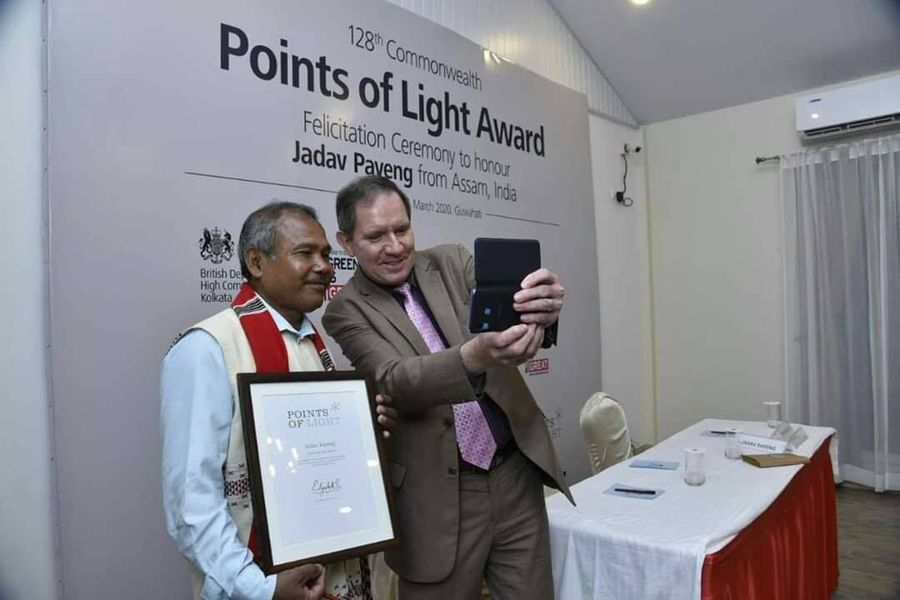
Jadav Payeng’s large than life character has been a subject of several movies, documentaries and books. Tamil film director Prabhu Solaman cast Rana Daggubati on the mould of Payeng, for a film released in Tamil, Telegu and Hindi as Kaadan, Aranya and Hathi Mera Sathi, respectively.
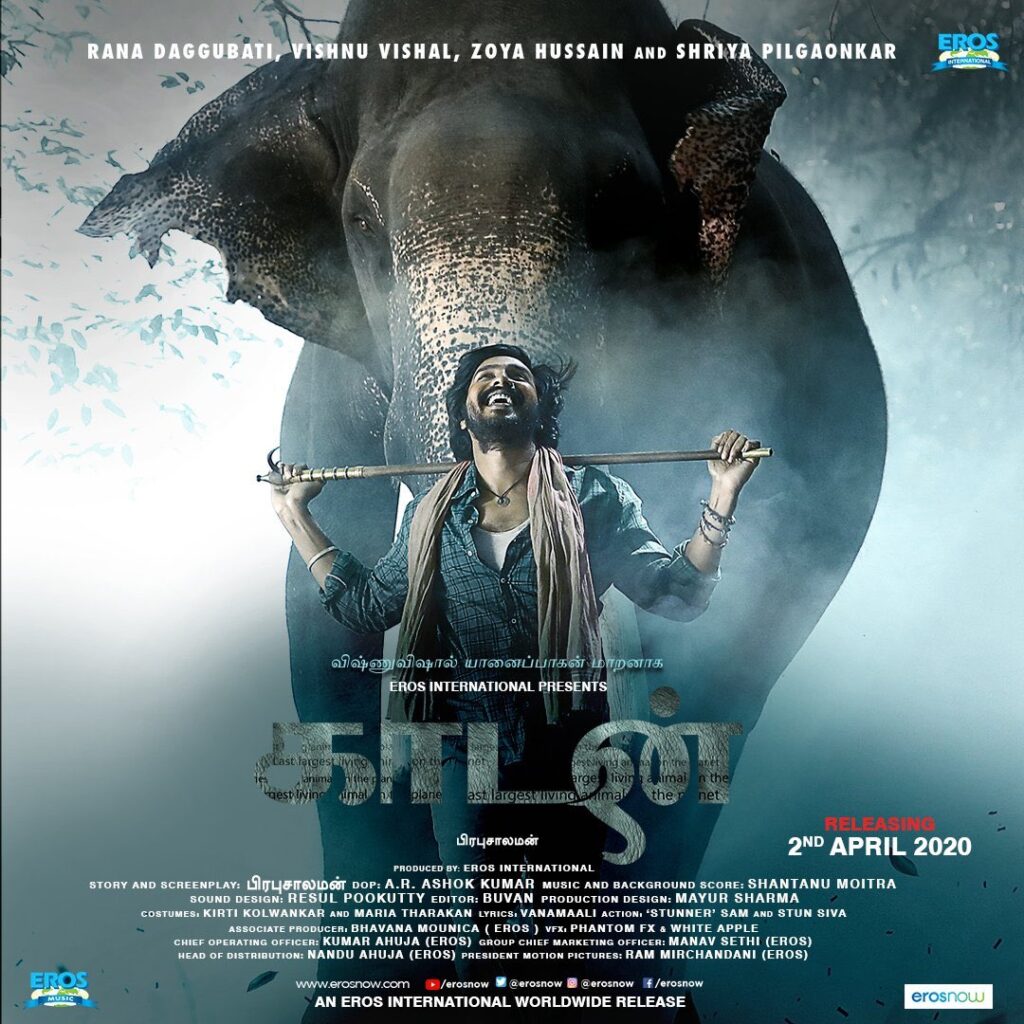
A number of documentary films have been made on Payeng, include those by Jitu Kalita (The Molai Forest) and Aarti Shrivastava (Foresting Life). American film-maker William Douglas McMaster focused his 2013 documentary Forest Man on Jadav Payeng. This last was a critical success too, receiving the Best Documentary Prize at the Emerging Filmmaker Showcase in the American Pavilion at the 2014 Cannes Film Festival.
Besides, India’s Forest Man is also depicted colourfully in Vinayak Verma’s children book Jadav and the Tree-Place.
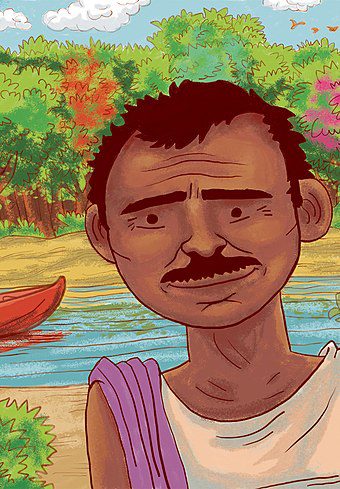
These awards and recognitions have obviously made him happier. But as he had remarked, “my heart beats the most for the animals, the birds, the reptiles, the insects and of course the forest. After all, what is life without them?’’
Quite true. Money and power may move most people on this planet. But Jadav Payeng’s world is different. It is moved by compassion and respect for all forms of life.

